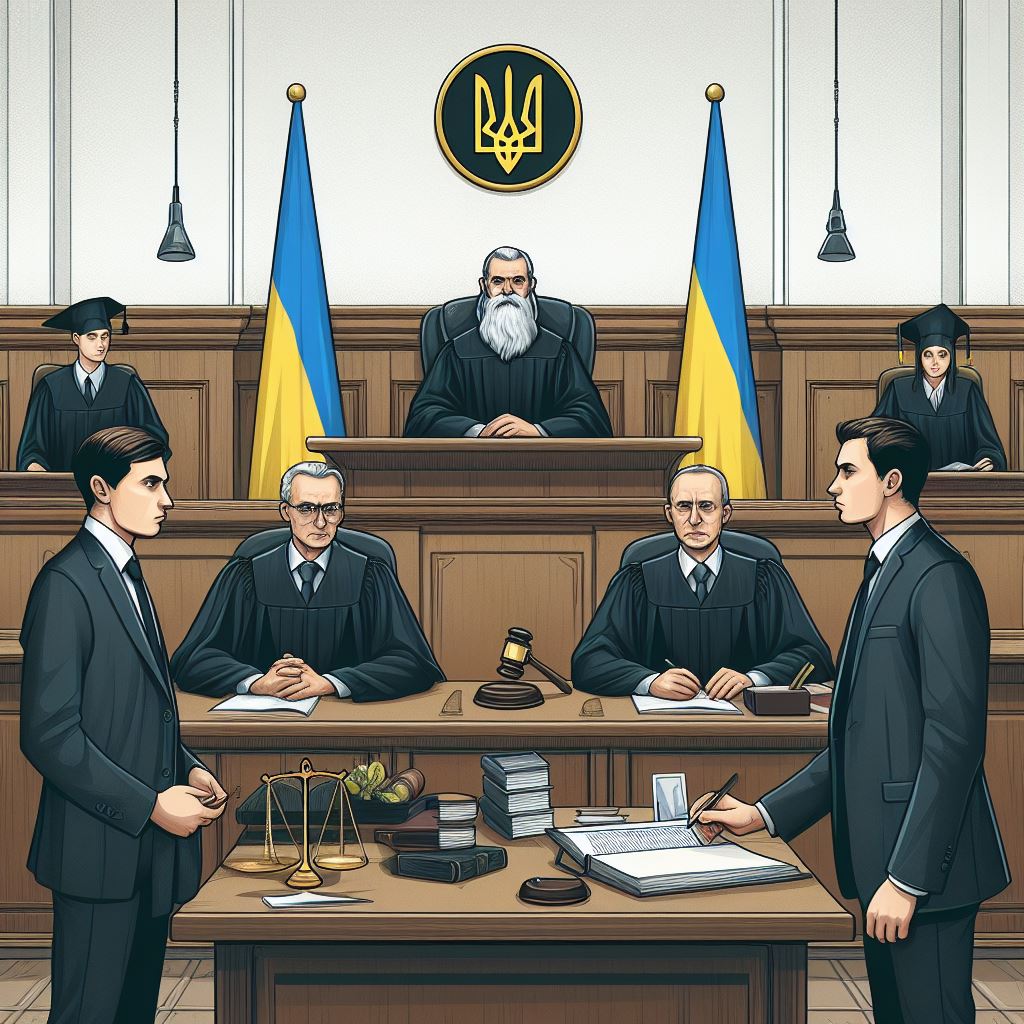Refusal to support state prosecution in criminal cases
1. What is a state prosecution for committing a criminal offense?
State prosecution for committing a criminal offense is a procedural activity, which consists in filing and supporting in court an accusation on behalf of the state against a person who is suspected or accused of committing a criminal offense. This includes gathering evidence, preparing the case file, formulating the accusation and appearing in court.
2. Who supports the state prosecution in court?
The prosecutor supports the state prosecution in court. A prosecutor is an official of the prosecutor's office who supervises the observance of laws during the pre-trial investigation and represents the state prosecution in court.
3. What is a refusal to support the state prosecution?
Refusal to support the state indictment is the decision of the prosecutor to stop supporting the indictment in court, which may be due to insufficient evidence to prove the guilt of the accused, a change in the circumstances of the case, or other reasons that make it impossible to continue the indictment.
4. Who has the right to refuse to support the state prosecution and what is the procedure for refusing to support the state prosecution?
The prosecutor has the right to refuse to support the state prosecution. The refusal procedure includes the following steps:
1. The prosecutor makes a decision to refuse to maintain the indictment.
2. The prosecutor informs the court and the participants of the process about this decision.
3. The court considers the justification of the prosecutor's refusal to maintain the indictment.
4.If the court rejects the indictment, the criminal proceedings may be closed.
5. What are the rights of the victim if the prosecutor refuses to maintain the state prosecution?
If the prosecutor refuses to maintain the state prosecution, the victim has the following rights:
1. Submit a motion to continue the trial on his own indictment (private indictment).
2. To appeal the decision of the prosecutor to refuse the indictment to a higher prosecutor or to the court.
3. Apply to court with a civil lawsuit for compensation for damage caused by a criminal offense.
6. Who closes the criminal proceedings if the prosecutor refuses to support the state prosecution?
Criminal proceedings are closed by the court in the event of the prosecutor's refusal to uphold the state indictment. The court issues a decision to close the criminal proceedings based on the prosecutor's refusal to indict.
7. What are the legal consequences and possibilities of compensation for damage to the accused in the event of the prosecutor's refusal to maintain the state prosecution?
The legal consequences of the prosecutor's refusal to maintain the indictment include:
1. Closure of criminal proceedings, which means the release of the accused from criminal liability on a specific charge.
2. Restoration of the rights of the accused, violated in connection with the criminal prosecution.
Regarding the possibilities of compensation for damage to the accused, he can:
1. Apply to the court with a claim for compensation for material and moral damage caused by illegal criminal prosecution.
2.Demand compensation from the state in accordance with the legislation on compensation for damage caused by illegal actions of pre-trial investigation bodies, the prosecutor's office or the court.
Conclusion
Refusal to uphold a state prosecution is an important institution of the criminal process, which allows the state to admit its mistake in charging a person and stop causing harm by wrongful prosecution. This decision places an obligation on the state not only to ensure justice, but also to apologize to the person for the inconvenience and damage caused.
If the prosecutor refuses to maintain the indictment, the accused receives the right to full restoration of his rights and to compensation for the damage caused. An important role in this process is played by a lawyer who protects the interests of the accused and helps initiate the process of compensation for damages. The professional defense of a lawyer is key to successfully resolving issues related to the restoration of rights and receiving compensation for illegal criminal prosecution.
Thus, the justice system demonstrates its ability to self-correct and protect human rights, which is a fundamental principle of the rule of law.
Legal service "Consultant" provides legal assistance in any situation. Our lawyers will carry out a legal analysis of the situation, make a comprehensive analysis of documents, prepare a legal opinion and ensure the representation of the client's interests in state authorities or a court, will take part in a court hearing in any city of Ukraine. Consulting a lawyer and legal protection by a lawyer is a guarantee of quality protection of your rights and interests.
Legal service "Consultant" provides the service "lawyer's help online".

































